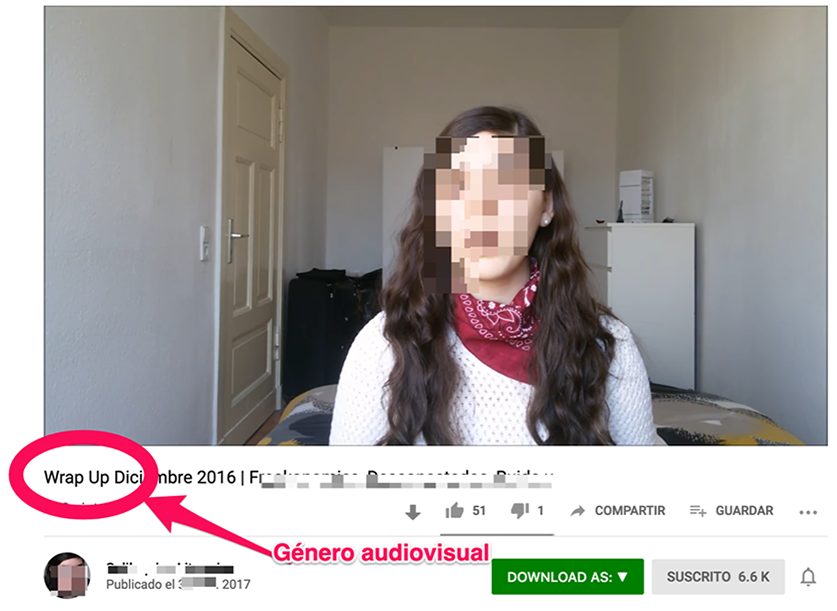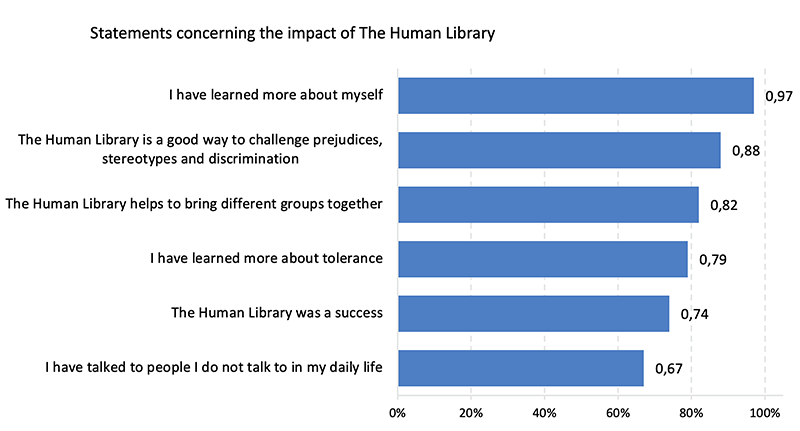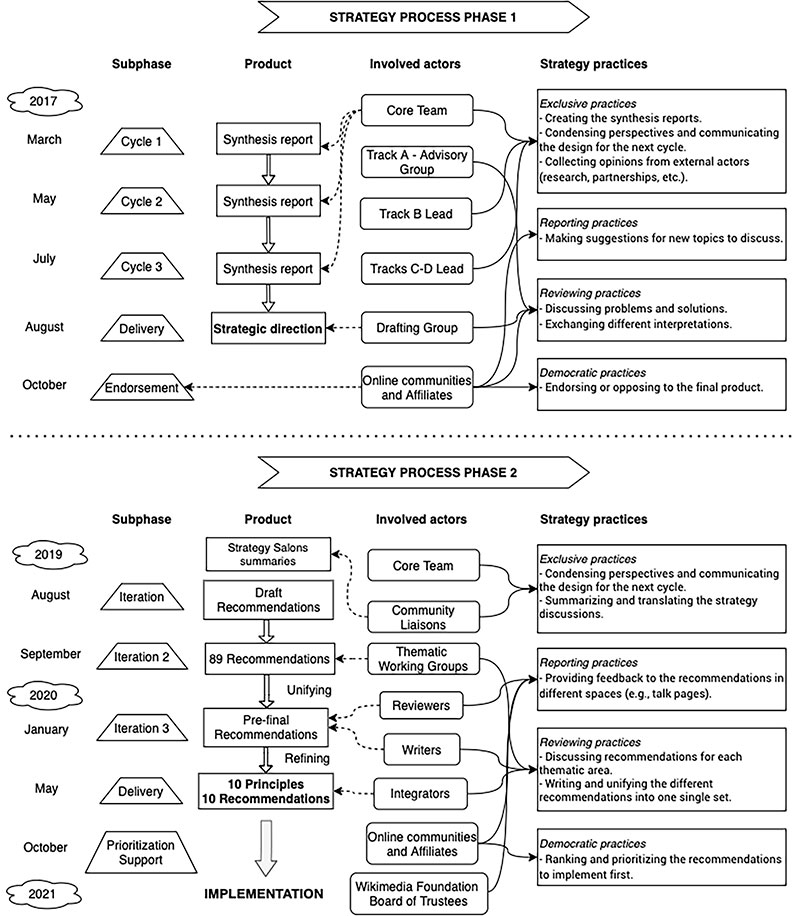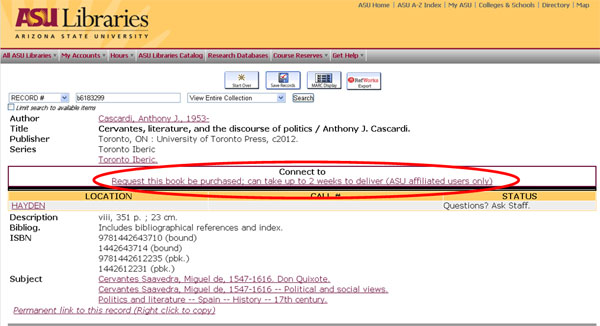Objectives: In 2017, the Wikimedia Movement embarked on an open strategy process to decide the scope of action towards the horizon of 2030. Contrary to the development of a traditional strategy, an open strategy process allows numerous people to generate, discuss, and evaluate ideas. This study examines how this open strategy process and its output documents support inclusivity and address people’s needs.
Methodology: Inclusivity practices employed in the different phases of the open strategy process are reviewed — encompassing aspects such as modes of participation, transparency, and decision-making. Through discourse analysis, the aim is to highlight the main characteristics of the strategy product created and how it has been interpreted by the Wikimedia Movement, online communities, and affiliates.
Results: The results of the study are two-fold. Firstly, a wide array of participation modes employed to include the Wikimedia Movement actors have been identified. Secondly, it has been found that the resulting strategy documents place people at the centre of the discourse, not only in the proposed new strategic direction but also in the strategic principles and recommendations that were produced. Thus, this paper extends the understanding of open strategy in large and collaborative environments, showing that inclusivity practices help elaborate proposals of changes that need to be implemented later by relevant stakeholders.




